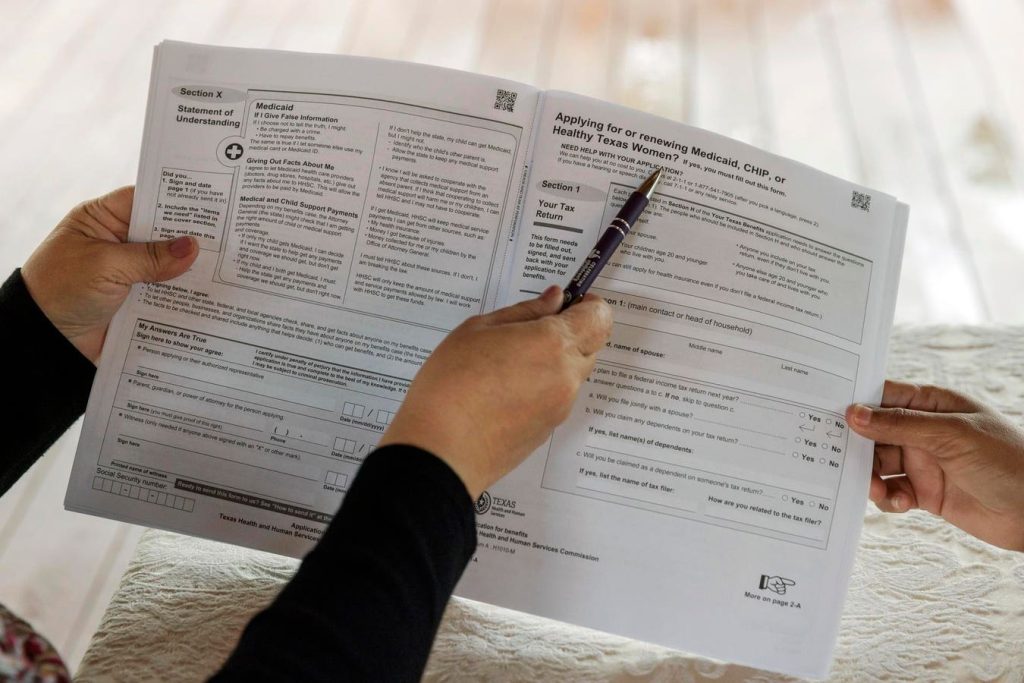The Department of Health and Human Services recently announced that the national uninsured rate in the U.S. has reached an all-time low of 7.7% during the first quarter of 2023. The number of uninsured individuals has decreased from 31.6 million to 25.3 million over the 2020-2023 period. The biggest drops in the numbers of uninsured were seen among lower-income individuals. However, millions of individuals who were disenrolled from Medicaid after the end of the Covid-19 pandemic public health emergency find themselves without insurance, highlighting the persistent issue of millions of Americans being uninsured.
According to data from KFF, around 20 million people or 21% of those enrolled prior to redeterminations lost their coverage temporarily, while 42 million were confirmed as Medicaid-eligible. However, around 31 million people are still pending renewal of coverage, with approximately five million of the over 20 million disenrolled during post-pandemic eligibility reviews remaining uninsured. The reinstatement of Medicaid’s annual (re)determinations following the Covid-19 pandemic has led to millions of individuals losing coverage due to procedural and administrative reasons.
Enrollment in Medicaid and the Children’s Health Insurance Program increased by over 23 million people during the pandemic. However, since Medicaid restarted the determination process to check enrollees’ eligibility, millions have lost coverage. The impact of disenrollment varies significantly by state, with Utah disenrolling the highest percentage (60%) and Maine the lowest (12%). Disenrollment numbers have exceeded initial expectations set by the federal government, which projected that 15 million individuals in total would be removed from the rolls.
Despite the ongoing disenrollment process, many individuals who are no longer eligible for Medicaid can join their employer’s health plan if offered or sign up for coverage through state marketplace exchanges. Nearly 2.3 million people transitioned from Medicaid to private marketplace plans by November 2023. State marketplace exchanges, established by the Affordable Care Act, offer individuals, families, and small businesses access to various health insurance plans from different insurers. People can sign up for a state marketplace plan until July 31, 2024, as part of an extended “unwinding special enrollment period” and may still qualify for subsidies to help offset health insurance premiums.
As Medicaid disenrollment continues, it is expected that hundreds of thousands and possibly millions more individuals will become uninsured. This highlights the ongoing issue of lack of health insurance for millions of Americans and the uncertain nature of medical coverage for many others. The increase in the number of uninsured individuals underscores the importance of finding solutions to ensure all Americans have access to affordable and comprehensive health insurance coverage.













